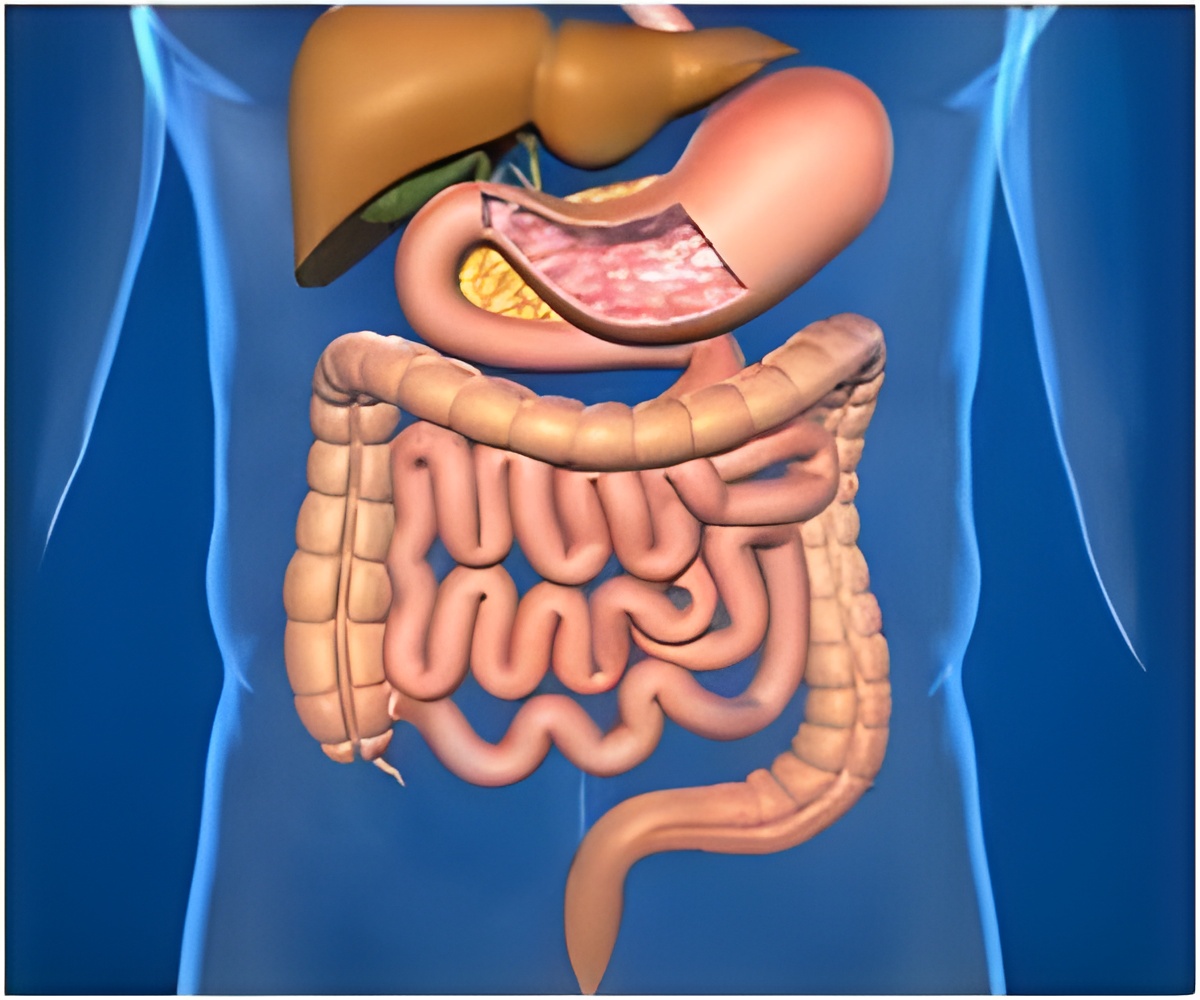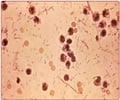Gastroenteritis, inflammation of the stomach and intestines that causes vomiting and diarrhea can be fatal and people dying from gastroenteritis have doubled.

"Gastroenteritis is very common, but can be very serious," said lead author Aron Hall, M.D., of the CDC's Division of Viral Diseases. "By knowing the causes of gastroenteritis-associated deaths and who's at risk, we can develop better treatments and prevent people from getting sick."
Over the eight-year study period, gastroenteritis-associated deaths from all causes increased by 10,000—from nearly 7,000 to more than 17,000 per year. Adults over 65 years old accounted for 83 percent of deaths. Clostridium difficile (C. difficile) and norovirus were the most common infectious causes of gastroenteritis-associated deaths.
There was a five-fold increase—from approximately 2,700 to 14,500 deaths per year—for C. difficile. C. difficile, a type of bacteria often associated with health care settings that causes diarrhea, accounted for two-thirds of the deaths.
Norovirus was associated with about 800 deaths annually, though there were 50 percent more deaths in years when epidemics were caused by new strains of the virus. Norovirus is highly contagious. It spreads through person-to-person contact and contaminated food, water, and surfaces. People can get norovirus illness throughout the year. Norovirus causes more than 20 million illnesses annually, and it is the leading cause of gastroenteritis outbreaks in the United States.
"While C. difficile continues to be the leading contributor to gastroenteritis-associated deaths, this study shows for the first time that norovirus is likely the second leading infectious cause" said Hall. "Our findings highlight the need for effective measures to prevent, diagnose, and manage gastroenteritis, especially for C. difficile and norovirus among the elderly."
Source-Eurekalert
 MEDINDIA
MEDINDIA




 Email
Email






